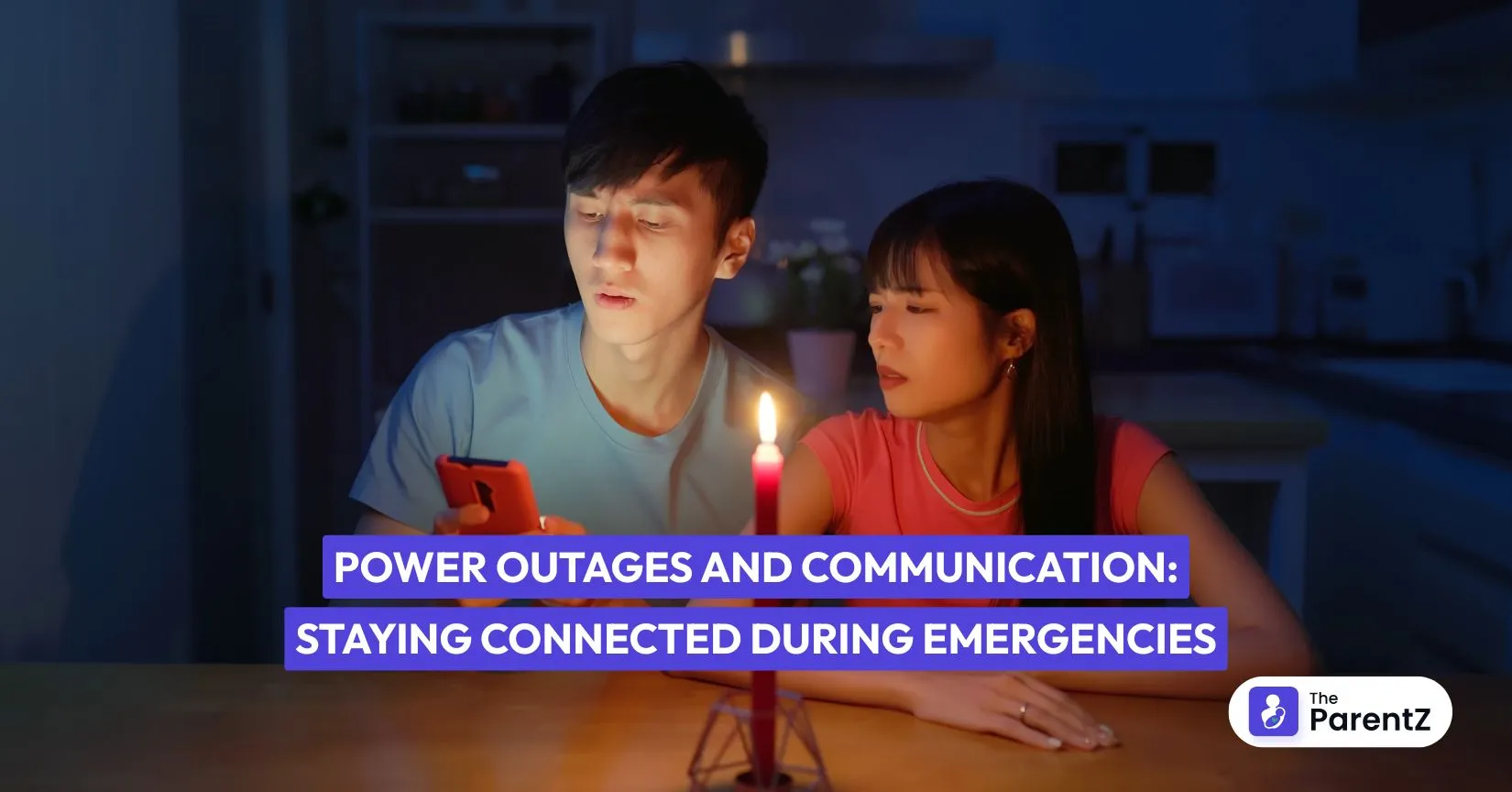When the lights go out and your Wi-Fi disappears, staying connected becomes a whole different challenge. Whether it's a storm, grid failure, or other emergency, power outages can leave us feeling isolated when communication matters most. Anyone who has experienced blackouts knows there's a big difference between being prepared and being caught off guard.
The Basics of Emergency Communication
Let's start with what you absolutely need to know. When the power goes down, your communication options shrink fast. Cell towers might have backup power, but they're not designed to run forever without electricity. Most will function for 4-8 hours on backup batteries, with some lasting up to 72 hours with generators. But after that? You're looking at dead zones.
Your home internet is usually the first to go—blinking modem lights mean no Wi-Fi, no video calls, and no streaming updates. Cable-based services require power at multiple points along the network, so they're particularly vulnerable.
Common Mistakes We Make
Here's where most people mess up—they don't think about communication until they actually need it. During emergencies, many households face the same experience: frantically trying to charge completely dead phones using portable batteries that haven't been checked in months. Spoiler alert: those batteries are often dead, too.
Some other mistakes we keep seeing:
- Relying solely on smartphones: They're amazing tools, but terrible at conserving power when reception is spotty (they drain faster while searching for signals).
- Not having backup charging options: Solar chargers sound great until you realize a big storm means very little sunlight.
- Forgetting about car chargers: Your vehicle is basically a giant battery on wheels!
- Neglecting to write down important numbers: When your phone dies, can you remember everyone's number?
- Overlooking non-digital communication: Sometimes a battery-powered radio is more reliable than any fancy tech.
- Waiting until the outage to download emergency apps: Too late!
Creating Your Emergency Communication Kit
Building a solid communication backup doesn't have to be complicated or expensive.
- Multiple charging options: Keep a fully charged power bank (check it monthly), a car charger, and consider a hand crank or solar option as a last resort.
- Low-tech alternatives: A battery-powered or hand-crank radio lets you receive emergency broadcasts when the internet is down. Writing down key phone numbers and addresses on paper is a simple step that can prove invaluable when digital options fail.
- Communication devices: An old-school landline telephone that doesn't require electricity (yes, they still exist!) can be a lifesaver. Some people also keep a basic feature phone as backup—they hold a charge for days compared to smartphones.
- Signal boosters and settings: Know how to switch your phone to low-power mode. In some areas, text messages might go through when calls won't because they require less consistent connectivity.
Preparing Your Devices Before Disaster Strikes
Don't wait for the storm warnings! Take these steps now:
- Download emergency apps (FEMA, Red Cross, local emergency services)
- Bookmark mobile versions of important websites that use less data
- Clear space on your phone by deleting unnecessary photos and videos
- Update your emergency contacts and make sure they're flagged in your phone
- Enable emergency location services
- Learn how to create offline maps of your area
The Reality Check: Battery Life Management
When the power's out, every percentage of battery becomes precious. Being ruthless about conservation is essential:
- Turn off Bluetooth, Wi-Fi searching, and location services
- Lower screen brightness dramatically
- Close all background apps
- Use airplane mode strategically, turning connectivity on only when needed
- Limit video or photo sharing, which drains batteries quickly
Conclusion
The ability to communicate during emergencies isn't just about convenience – it directly impacts your safety. Being able to receive warnings, call for help, or simply let loved ones know you're OK reduces anxiety and improves decision-making during stressful situations.
People who prepare their communication options ahead of time handle emergencies with significantly less stress. The peace of mind that comes from knowing you can reach out for help is invaluable.
So, before the next warning flashes across your screen, take an hour to audit your emergency communication readiness. Your future self (potentially sitting in the dark) will thank you!





Be the first one to comment on this story.